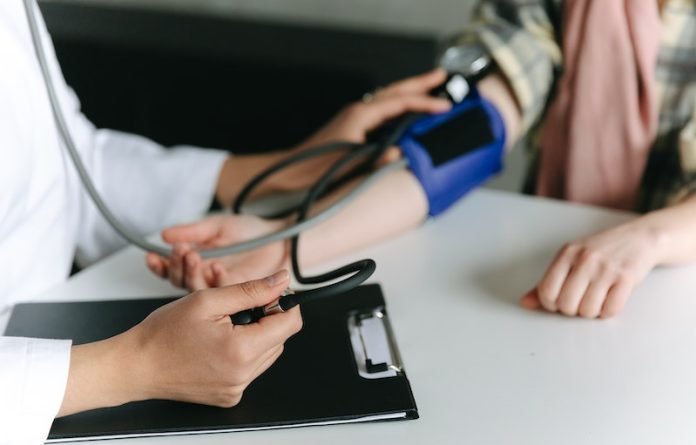
A recent study from the University of Oxford found that a medication reduction strategy is safe among some older adults treated with high blood pressure drugs.
They tested whether antihypertensive medication reduction is possible in patients ≥80 years without big changes in systolic blood pressure (BP) control or adverse events during a 12-week follow-up.
Patients were assigned to either high blood pressure medication reduction (removal of one drug [intervention], 282) or usual care (control, 287).
Before the study, the patients have been prescribed a median of two high blood pressure medications.
At 12 weeks, 86.4% of patients in the intervention group and 87.7% of patients in the control group had a systolic BP <150 mm Hg. In two-thirds of patients, medication reduction was sustained at 12 weeks.
In the intervention group, the mean change in systolic blood pressure was 3.4 mm Hg higher than the control group.
At least one serious adverse event was reported in 12 participants in the intervention group and seven in the control group.
The team suggests high blood pressure medication reduction can be achieved without substantial change in blood pressure control in some older patients with hypertension.
The study was published in the Journal of the American Medical Association and conducted by James P. Sheppard et al.
If you care about high blood pressure, please read studies that drinking tea could help lower blood pressure, and early time-restricted eating could help improve blood pressure.
For more information about blood pressure, please see recent studies about added sugar in your diet linked to higher blood pressure, and results showing certain plant-based foods could benefit people with high blood pressure.
Copyright © 2023 Knowridge Science Report. All rights reserved.



